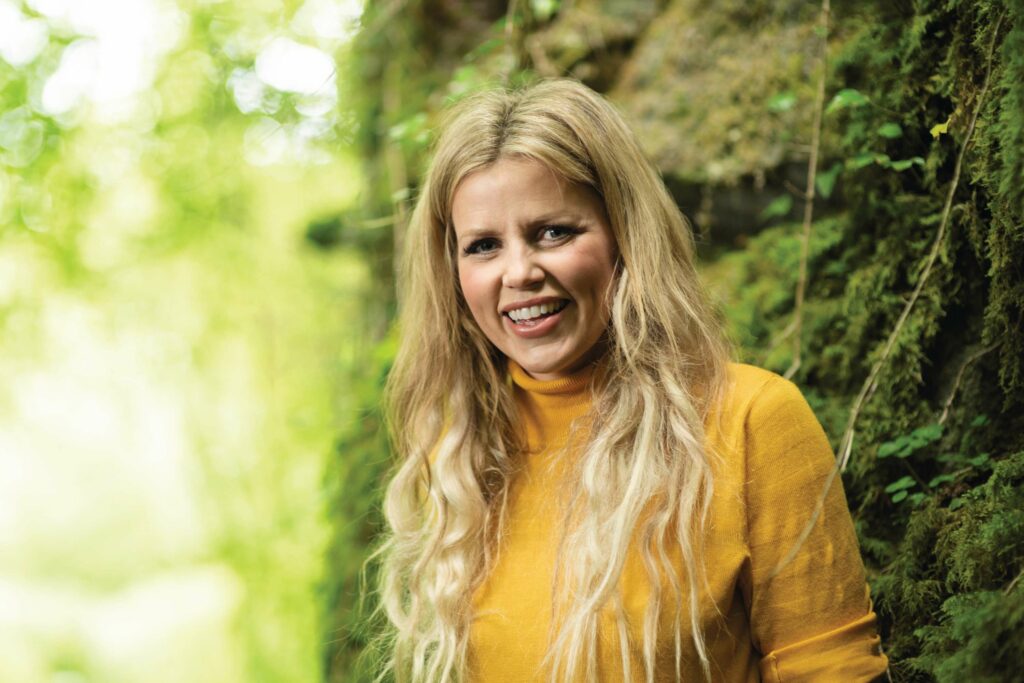Dogs are much loved in Britain and they enrich our lives immeasurably, but not all of us are enamoured

“I love it when my unknown prejudices are proven wrong. Like the old guy we were about to film with on a remote goat farm who ambled out of his house and about whom I instantly made 100 assumptions: he will have lived in this place his whole life; only recently got electricity up here; will only have good goat chat, etc. But he turned out to have been the chief vet on the island during the Falklands War and later for the Saudi royal family, and was now selling goat hair to a new surfing brand. Shut me up.
It’s insidious, the subconscious mind. It’s also why people look perplexed when I reveal that this country girl can’t ski or ride horses and doesn’t love dogs.
Like drinking alcohol since the brewing of mead, a love of dogs is deeply held and assumed in British life, the absence of which is viewed with some scepticism. It’s why, since we got a dog a year ago, even though by dog-lovers’ standards she is a wonderful dog (friendly, relaxed, dutiful), she will only ever be a seven out of 10. If I was less exasperated about puppy training and shed fur, less worried about nesting birds, small mammals and fields full of sheep, and if I was one of those humans who considered themselves to be a dog’s ‘mummy’, the score would no doubt improve. On the plus side, getting out in nature every day with non-verbal company and finally recognising that dog poo is not Kryptonite has sent the score soaring from zero to seven. Fear not, she is still mollycoddled by everyone else in the family who score her a 10-plus. To make things interesting, and possible reach a 7.5, I’m starting truffle hunting. We’re no further than a small sachet of truffle oil on a toy, but seeing a dog’s non-human capabilities in action makes me unlovingly but duly admire and respect their place among us.
ASTONISHING ABILITIES
In 2018, in the Cambridge University Botanic Garden, I watched Professor Ulf Büntgen and PhD student Elisabeth Johnson use Ulf’s pet dog Lucy to deftly detect Burgundy truffles, in order to research how they grow and mature, by which animals their spores are dispersed and how their life cycle is affected by the changing environment. Swiftly and without ceremony, truffles were found. Impossible for a human without digging the place up like a children’s book pirate.
Marking 50 years of the National Search and Rescue Dog Association in 2015, I got to learn how their dogs could work in all terrains, from city and farmland, moorland to mountain. They could traverse vast areas that would have taken entire teams many hours to cover and work towards bringing someone back from the brink and returning them (or answers) to their loved ones. In the training exercise, when the dog found our stunt missing person, the only reward required was a game of tug-of-war with its favourite toy.
HUMANKIND’S BEST FRIEND
I remember being wowed (and saddened) by a dog in Shropshire that had been trained to find pine martens by their poo, but could tell the difference between a pine marten living freely in the wild versus recoiling at the additional scent of distress from pine martens in captivity. And in our upcoming Wild Britain strand on Countryfile (our spin-off from Wild Isles) I will get to meet Jinx, the conservation dog who has been trained to protect seabirds by sniffing out rats who hunt eggs, chicks and adult birds, such as Manx shearwaters, puffins, kittiwakes and terns on Wales’ breeding sites.
The list of how our lives are assisted by dogs is exhaustive: divining ill health, therapy, crime detection, assistance dogs and many more. Begrudgingly, I love it when my unknown prejudices are proven wrong.”
Watch Ellie on Countryfile, Sunday evenings on BBC One.